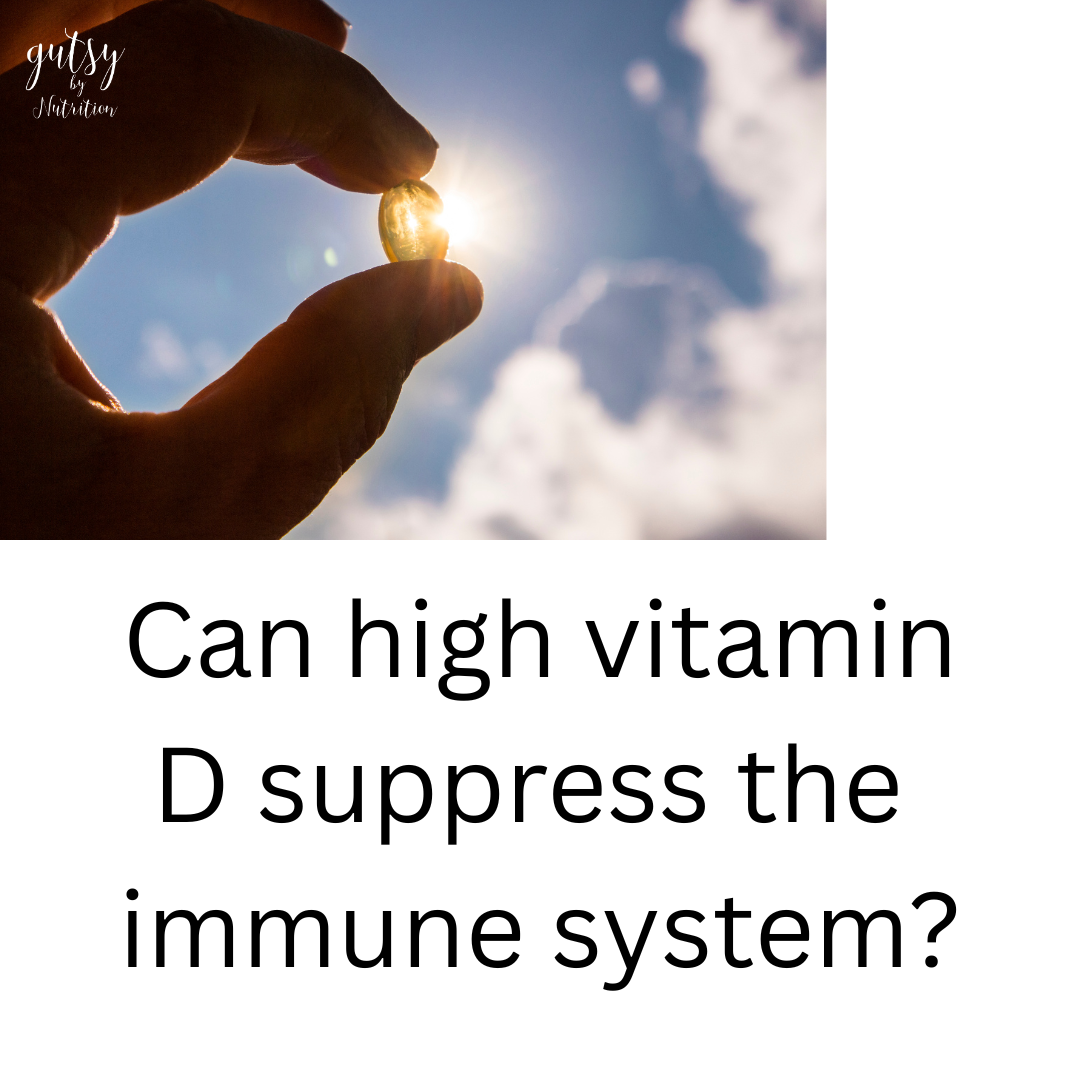Can high vitamin D suppress the immune system?
We often hear that vitamin D supports immunity. It does, but that’s only part of the story.
Vitamin D is not just a stimulator—it’s a modulator. It helps balance immune activation with immune tolerance.
At high levels, this regulatory effect can become immuno-suppressive...
It promotes regulatory T cells, which suppress excessive immune responses. While beneficial for autoimmunity, in excess it may reduce your ability to respond to infections or abnormal cells
It down-regulates key immune messengers like TNF-α, IL-6, and IFN-γ. This can lower chronic inflammation, but also blunt necessary responses to pathogens
Can inhibit MHC class II expression on dendritic cells, making it harder for your immune system to recognise and respond to threats.
Suppresses Th1/Th17 responses and promotes Th2, which may reduce cellular immunity—critical for fighting viruses and intracellular infections.
In autoimmunity, higher vitamin D may help calm overactivity
But in the context of infection, cancer surveillance, or ongoing immune suppression, excessive vitamin D may impair defence mechanisms.
Always test, don't guess. Long-term high-dose supplementation without a clinical indication may tilt the immune system too far toward tolerance.
Vitamin D is essential – but more is not always better. Its role is regulatory, and high levels can suppress key arms of the immune response. As with all nutrients, it’s about balance – by testing, context and clinical goals.

